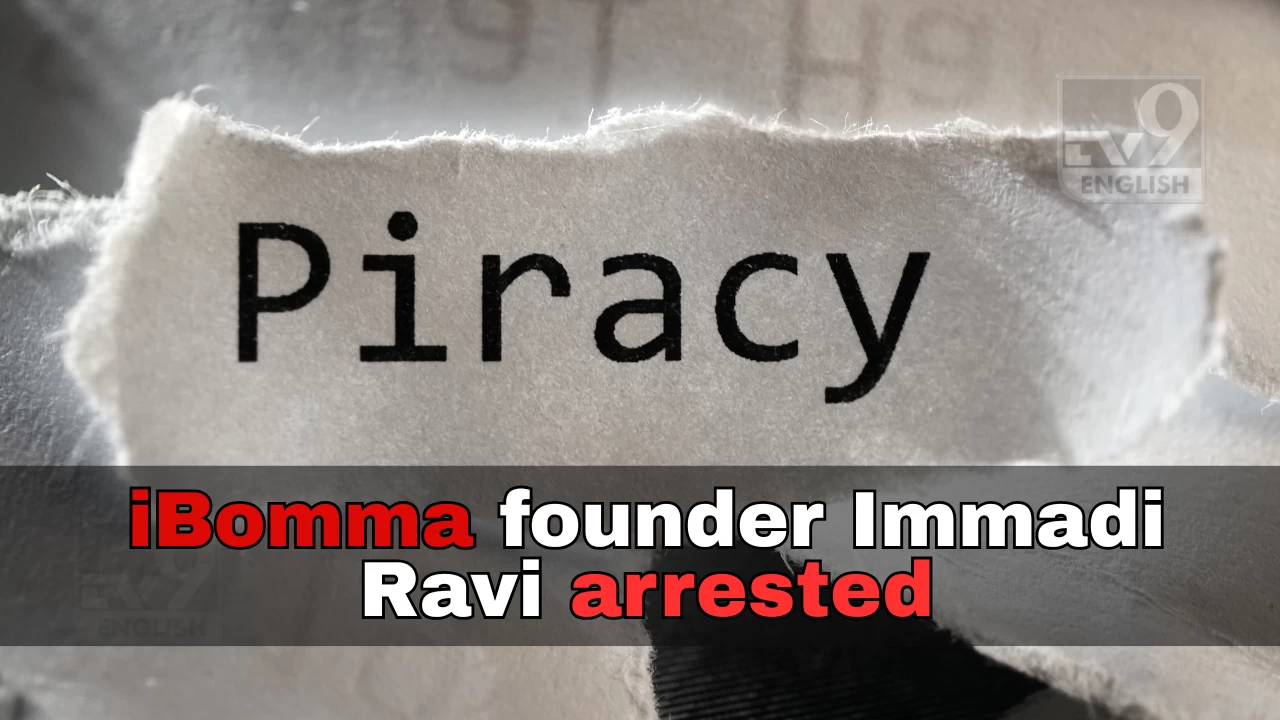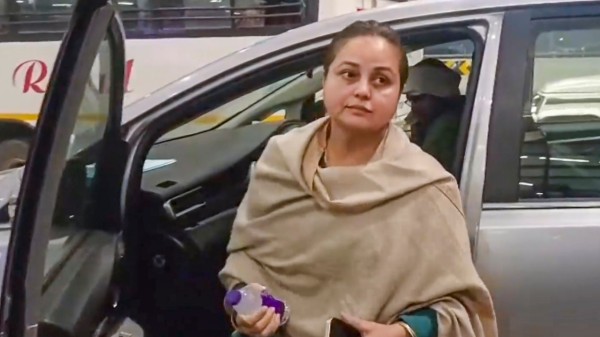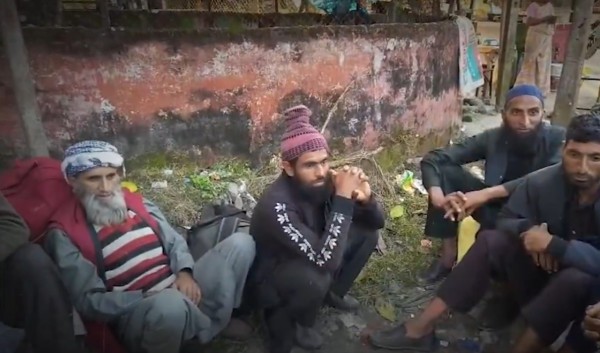

By signing in or creating an account, you agree with Associated Broadcasting Company's Terms & Conditions and Privacy Policy.


By signing in or creating an account, you agree with Associated Broadcasting Company's Terms & Conditions and Privacy Policy.

New Delhi: For months, cybercrime officials were hunting a man who seemed to be a ghost. Immadi Ravi, the alleged mastermind behind the notorious iBomma piracy empire, had vanished. He’d slipped out of India, taunted the police from abroad, and even challenged them with a “catch me if you can” kind of dare. But last Friday night, the game was up.
Ravi was caught in Kukatpally, Hyderabad. He’d returned quietly to the city, probably thinking he could avoid the radar. But the police were watching. Using phone signal tracking, they moved in. By Saturday night, he was in judicial custody and shifted to Chanchalguda Central Prison.
iBomma and its mirror site Bappam had been haunting producers and filmmakers across South India. From the very day a film released, HD copies would pop up online, sometimes even before the theatrical shows. What made iBomma different was its slick design, regional language focus, and aggressive Telegram circulation.
As per a report by Deccan Chronicle, the Police say Ravi was running this like a tech startup. He used overseas servers, ran encrypted Telegram groups, earned through betting app ads, and received payments in crypto. According to investigators, his team used advanced decoding scripts and hacked digital cinema delivery systems.
“He developed tools that could bypass content security,” said one officer involved in the probe. “He had inside access to distribution networks. He was no ordinary pirate.”
Ravi reportedly confessed that he had even infiltrated servers using leaked credentials and intercepted data streams meant for cinema halls and streaming platforms. He then decrypted and uploaded them online, bypassing multiple layers of DRM.
Digital Rights Management, or DRM, is a way to stop people from copying or sharing digital content without permission. Think of it like a lock on a digital file. When a movie is released on a streaming platform or sent to a cinema server, it often comes with DRM, special codes that control who can watch, copy, or distribute that movie.
These systems use encryption to scramble the video file. Only approved users, like a theatre projection system or a licensed streaming app, have the key to unlock it. But in the iBomma case, the accused, Ravi, reportedly broke through this lock. Police say he either hacked into these systems or got insider access to the keys, decrypted the files, and then uploaded them online for free viewing.
DRM isn't perfect. It’s designed to make piracy harder, not impossible. And in this case, Ravi allegedly used his tech skills to build custom scripts that bypassed the DRM layers, allowing him to steal HD-quality versions of unreleased films. That’s one of the reasons this case has rattled cybersecurity officials and forced India’s film industry to rethink how they protect their digital content.
Police raids at Ravi’s Kukatpally flat led to some serious findings. Here’s what was seized:
| Items Found | Details |
|---|---|
| Multiple hard disks | Contained HD pirated films ready for upload |
| Laptops and computers | Used for editing, uploading, and managing content |
| Server login credentials | Access to cinema distribution servers |
| Crypto and bank account data | ₹3 crore frozen from his known accounts |
Officials believe Ravi earned hundreds of crores through this piracy operation. His empire caused an estimated loss of ₹15,000 to ₹20,000 crore to the Telugu film industry in the last five years. Some reports even peg the industry-wide damage at ₹24,000 crore.
After police filed the case in early October, Ravi left India and was traced to Amsterdam by October 3. He kept switching IP addresses and locations, using VPNs and offshore servers to stay ahead of the law.
The breakthrough came after he returned to Hyderabad a few days ago. Phone tower pings helped cyber cops pinpoint his hideout. Once they had him, investigators also took control of the iBomma and Bappam domains and brought the platforms down.
This was no solo act. In September, police had already arrested five others:
All of them were part of a scattered but well-coordinated piracy racket. Ravi, however, was the key link. And possibly the most technically skilled among them.
Police will file for a seven-day custody to question Ravi further. Officials are also working with cybersecurity experts to analyse his tools and server logs. More names could come out in the coming days, including insiders from cinema tech teams who may have leaked access.
Investigators are also checking Ravi’s crypto transactions and links to betting and gambling sites. He allegedly used betting app banners on the iBomma homepage to fund the piracy, making it a double threat — content theft and illegal advertising.
The case has also exposed serious flaws in how Indian film distributors protect their digital content. Weak access controls, unpatched server loopholes, and poor encryption have all been flagged.
A senior police officer told media that they were now working with tech vendors to implement better safeguards, including blockchain tracking and dynamic watermarking.








